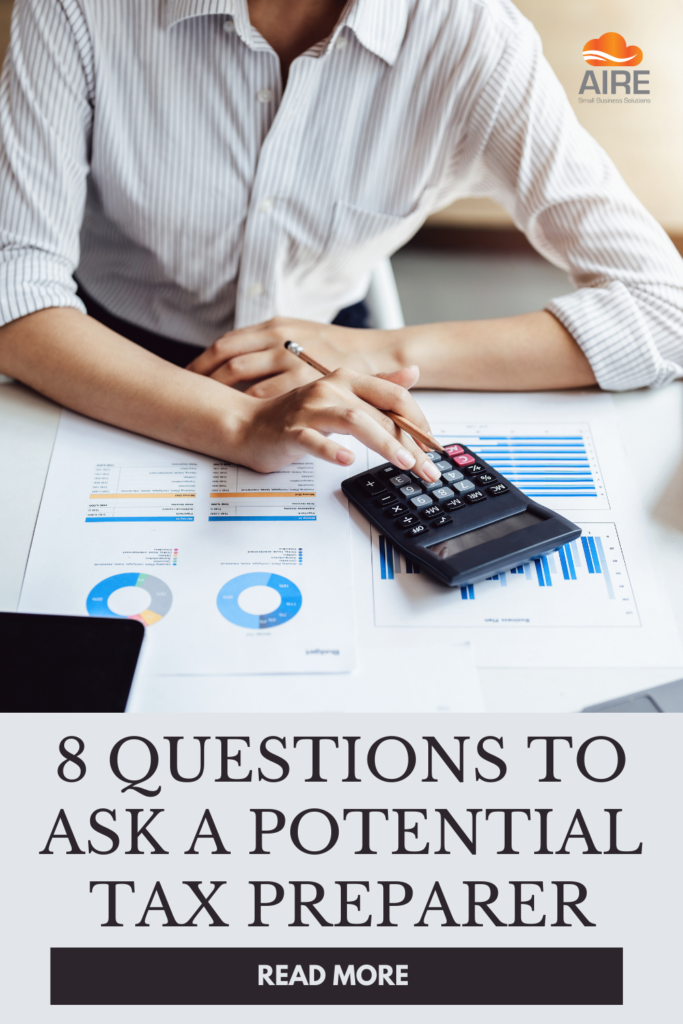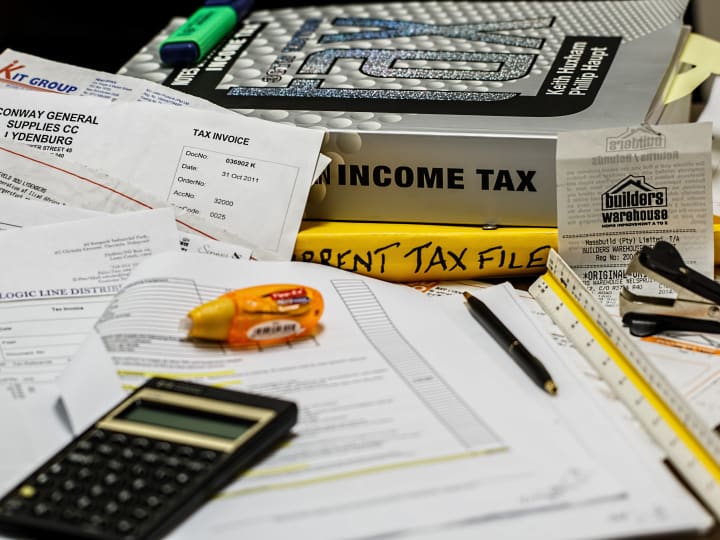Doing your own taxes is a great way to save money, but let’s face it — some of us have pretty complicated taxes and prefer to avoid the stress of making sure everything’s accurate. Using the services of a professional who knows all the tax rules can be a load off your mind, but if you’re not careful, it can also be an unnecessary load off your wallet.
There are at least two ways your professional tax preparation can go wrong: (1) an inexperienced tax agent who fails to get you the credits you’re qualified for and inadvertently cheats you out of your maximum refund, or (2) a fee-based-on-return tax agent who encourages you to take credits you don’t qualify for, placing you at risk for an audit.
At the same time, thousands of people have their taxes prepared by a professional every year with no incident. What makes the difference? Consider these suggestions for choosing a tax professional you can trust to handle your return for years to come.
1. Ask for a referral from a trusted family member, friend or colleague.
A lot of these questions will be answered immediately if you know someone who’s used their services before and recommends them.
2. Make sure they have a PTIN (IRS Preparer Tax Identification Number).
The IRS requires this number for agents to file taxes they’ve prepared. This doesn’t necessarily mean they’re certified, educated, or experienced.
3. Ask about their credentials and experience.
There are various types of tax prep credentials depending on the state and affiliation. A reputable agent will be enrolled, certified or licensed, belong to professional organizations and involved in continuing education. As for experience, the more they have, the better — preferably 7 to 10 years.
4. Ask about fees upfront.
The IRS recommends avoiding agents whose fees are based on your total refund since it encourages dishonesty and leaves you clueless about the cost until you’ve filed. Even if they can’t give a firm amount (for instance, their rates are based on the type of tax forms you’ll require), they should at least be able to give you a close estimate based on your previous return or a rate sheet ranked by different tax situations.
5. Make sure your refund will come to you, not your preparer.
Your refund check should be sent to you or deposited in your bank account. It’s a red flag if the preparer insists it go through their office.
6. Keep an eye on how they prepare your taxes.
You’re paying them to crunch the numbers, but you should at least understand the general procedure in order to spot anything that seems wrong. Watch for the following:
- They should e-file your returns. Agents who file 10+ returns are required to e-file. It’s the safest and most accurate method.
- They should require your W-2, receipts and other tax-related documents. Be leery if a tax agent seems okay with filing forms based on your last pay stub.
- They should not ask you to sign a blank tax return, fail to sign it themselves/use their PTIN, or refuse to give you a copy (they’re required by law).
Lastly, you should always look over the return carefully before signing it yourself and voice any questions immediately.
7. Find out if they provide audit assistance.
Using a tax prep chain may be cheaper, but unlike CPAs and other private agents, they’re usually only authorized to give audit advice. You’ll be charged extra to have someone accompany you to an audit or speak with the IRS on your behalf.
8. Make sure you’ll be able to contact them after you file (and after the deadline).
If anything goes wrong with your return or you have additional questions, you’ll want to be able to get in touch with them easily.
Filing your taxes is an important yearly ritual that can make a huge impact on your personal finances and information. Don’t take the authenticity or abilities of tax professionals for granted — ask these questions to protect yourself and your money.
Written by Jessica Sommerfield for MoneyNing and legally licensed through the Matcha publisher network. Please direct all licensing questions to legal@getmatcha.com.




